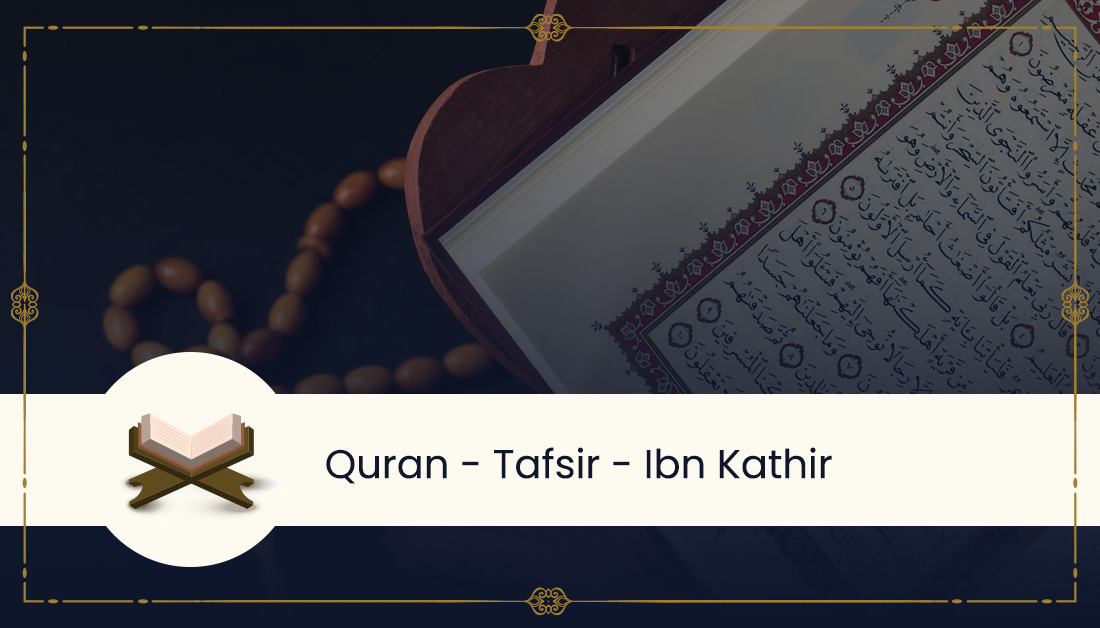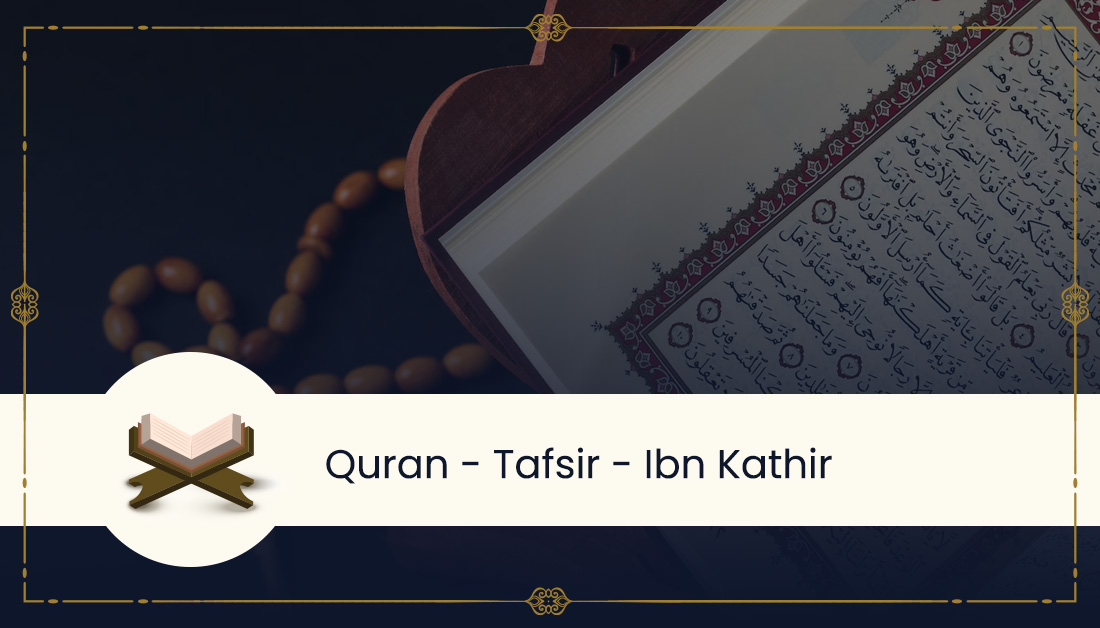-
Tafseer By Ibn Kathir Of The Quran (3:14)
In the tafseer by Ibn Kathir of the Quran 3: 14, a Hadith is mentioned which says “Verily, the best members of this Ummah are those who have the most wives”.
In what context has this hadith been quoted and what is its relevance since according to the Quran having only one wife is recommended, as it is very difficult to do justice between wives.https://www.alim.org/quran/tafsir/ibn-kathir/surah/3/?ayah=14
alim.org
Tafsir-Ibn Kathir - Quran Interpretations for Surah 3. Aal-Imran | Alim.org
Explore profound Quran interpretations of Ibn-Kathir Al-Qur'an Tafsir on this page. Discover deeper insights and enhance your quranic knowledge with Alim.org
Sponsor Ask Ghamidi

